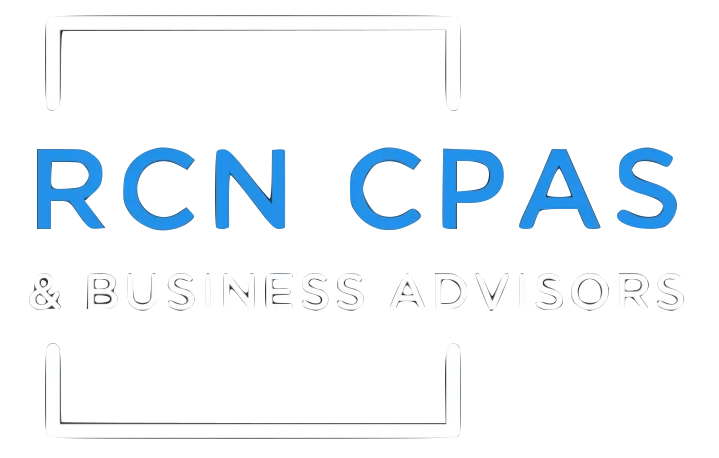Understanding BOI Compliance: 7 Things Business Owners need to Know
If you’re hearing about BOI compliance but don’t quite know what it entails, you’re not alone. Many business owners have questions about BOI, or Beneficial Ownership Information, which is now required under the Corporate Transparency Act (CTA).
Let’s go through what BOI is, who needs to file it, and why it matters, all in simple terms to help you stay compliant and avoid penalties.
1. What is BOI?
BOI, or Beneficial Ownership Information, refers to the identifying individuals who own or control a business. The purpose of BOI filing is to improve transparency and prevent financial crimes like money laundering and fraud. By reporting BOI, businesses provide the government with details on the real owners and beneficiaries, helping keep the financial system secure and transparent.
2. Who Needs to File BOI?
Not every business is required to file BOI information. To clarify:
Beneficial Owner:
This is anyone who:
- Owns more than 25% of the company.
- Exercises substantial control over the business.
- Holds significant authority in management.
Typically, most corporations, LLCs, and similar entities will need to file, with exceptions for certain non-profits and some larger companies.
3. Why Do Businesses Need to File BOI?
The main goal of BOI is to ensure transparency. When business ownership is clear, it’s harder for individuals to hide behind anonymous entities for illegal activities. Filing BOI signals that your business is legitimate and in compliance with federal regulations, which can improve your credibility.
4. What BOI Compliance Means for Different Business Types
- Corporations and LLCs: Most small and privately held corporations and LLCs must file BOI.
- Sole Proprietorships: Generally exempt, as they are not separate legal entities from their owners and the owner’s identity is already publicly known through the business registration process.
- Partnerships: Some partnerships may be required to file, depending on structure.
- Non-Profits: Many are exempt, but checking with a professional is advisable.
- Large Companies: Publicly traded companies and certain large entities already under other reporting obligations are often exempt.
5. Which Businesses Must File BOI?
Generally, if your business was created by filing formation documents (like articles of incorporation) with a state or tribal authority, you’ll likely need to file. This includes:
- Most small corporations and LLCs
- Limited partnerships
- Business trusts and other similar entities
Some businesses are exempt, such as:
- Large companies with 20+ employees, over $5 million in gross receipts, and a physical presence in the U.S.
- Regulated entities like banks, credit unions, and insurance companies
- Publicly traded companies
6. How to File BOI
- Gather Information: You’ll need full names, dates of birth, current residential addresses, and an identifying number (such as a driver’s license or passport number) for each beneficial owner.
- Complete FinCEN Form 107: The form for BOI filing will be available electronically on the Financial Crimes Enforcement Network (FinCEN) website. Paper submissions may also be an option.
- File on Time:
- Existing Businesses (formed before January 2024) must file their initial BOI by January 1, 2025.
- New Businesses (formed after January 1, 2024) need to file within 90 days of formation.
- Businesses Created after January 2025 must file within 30 days of formation.
Data Security: The BOI data reported to FinCEN is stored in a secure, non-public database using rigorous federal-level security to protect sensitive information.
7. What Happens if You Don’t File BOI?
Failing to file BOI information or providing incorrect data can lead to significant penalties:
- Civil Fines: Up to $500 per day of non-compliance, which can add up quickly.
- Criminal Penalties: Willful violations may result in fines up to $10,000 and even jail time.
Non-compliance can also harm your business reputation and restrict access to certain financial services.
BOI compliance may feel like an extra step, but it’s essential for maintaining transparency and credibility. By filing correctly, you protect your business from costly penalties and demonstrate your commitment to federal requirements.
At RCN CPAs, we understand that meeting these new requirements while running your business can be challenging. Our team is here to simplify the process, offer expert advice, and ensure you stay compliant—protecting your business from unnecessary fines and keeping your profits secure.





